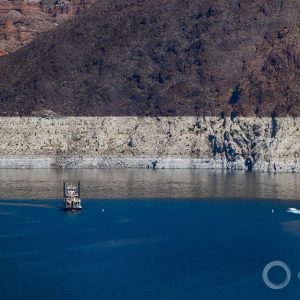The Stream, May 26: Queensland Eyes Farm Runoff Limits To Improve Great Barrier Reef Water Quality
The Global Rundown
Queensland should place limits on the amount of fertilizer, sediments, and other pollutants that can be released from farms in order to reduce pressure on the Great Barrier Reef, according to a science task force. Experts at the United Nations urged governments to consider policies that would curb demand for meat on environmental grounds. Rising seas in Florida are placing wildlife and aquifers in the Everglades at risk. A drought in Vietnam could cut coffee production by nearly a third, while floods in Argentina have reduced soybean harvest estimates.
“Dealing with consumer choices is an extremely touchy issue, but you have to deal with it, because there will consequences. The time is coming when we will not be able to sweep it any more under the carpet.” –Janez Potočnik, co-chair of the International Resource Panel, on government interventions to influence what people eat. United Nations officials called this week for governments to encourage consumers to reduce meat consumption to help the environment. Large-scale meat production has been linked to water pollution and emissions of greenhouse gases. (Guardian)
By The Numbers
4 to 8 million metric tons Reduction in the amount of soybeans expected to be harvested this season in Argentina due to floods. Reuters
30 percent Potential drop in coffee production in Vietnam, where farmers have endured the worst drought in three decades. Reuters
Science, Studies, And Reports
Pollution limits should be imposed on sugar cane and livestock farms in Queensland to improve water quality over the Great Barrier Reef, according to a science task force that advises the Queensland government. Much of the pollution that harms the reef comes from fertilizer, pesticides, and sediments that are washed off of farms, into rivers, and out to the ocean. Guardian
On The Radar
Sea level rise in Florida is pushing more salt water into the Everglades, threatening plants, wildlife, and aquifers that supply drinking water. Conservationists are pushing to restore freshwater flows to the wetlands from rivers that have been diverted for irrigation and flood control. NPR
A news correspondent for Circle of Blue based out of Hawaii. She writes The Stream, Circle of Blue’s daily digest of international water news trends. Her interests include food security, ecology and the Great Lakes.
Contact Codi Kozacek



